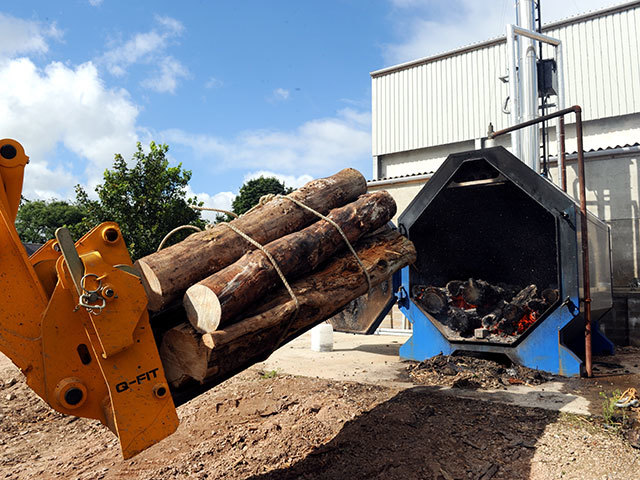
Generating energy via biomass needs to be more efficient to protect the environment and preserve production resources for longer, European environment chiefs have warned.
A report by the European Environment Agency found that current production practices significantly reduce the energy potential from biomass.
According to the report, burning pure biomass to produce heat is usually 50% more efficient than when used to generate electricity.
Using bioenergy for heat and power is a considerably more efficient way of reducing greenhouse gas emissions, compared to using bioenergy for transport fuel.
But the study also found that the current crop mix used in biomass production is not favourable to the environment while the continuous moving of crops into forests and savannah harms biodiversity and increases greenhouse gas emissions.
“Bioenergy is an important component of our renewable energy mix, helping to ensure a stable energy supply,” said Hans Bruyninckx, EEA executive director.
“But this study highlights the fact that forest biomass and productive land are limited resources, and part of Europe’s ‘natural capital’.
“So it is essential that we consider how we can use existing resources efficiently before we impose additional demands on land for energy production.”
The amount of energy used in the EU from biomass is expected to rise from 7.5% in 2010 to around 10% be the end of the decade – half of the expected renewable energy production, according to EU Member States’ National Renewable Energy Plans.
The countries with the largest estimated agricultural bioenergy potential in 2020 are France, Germany, Spain, Italy, Poland and Romania, the report says.
Recommended for you
